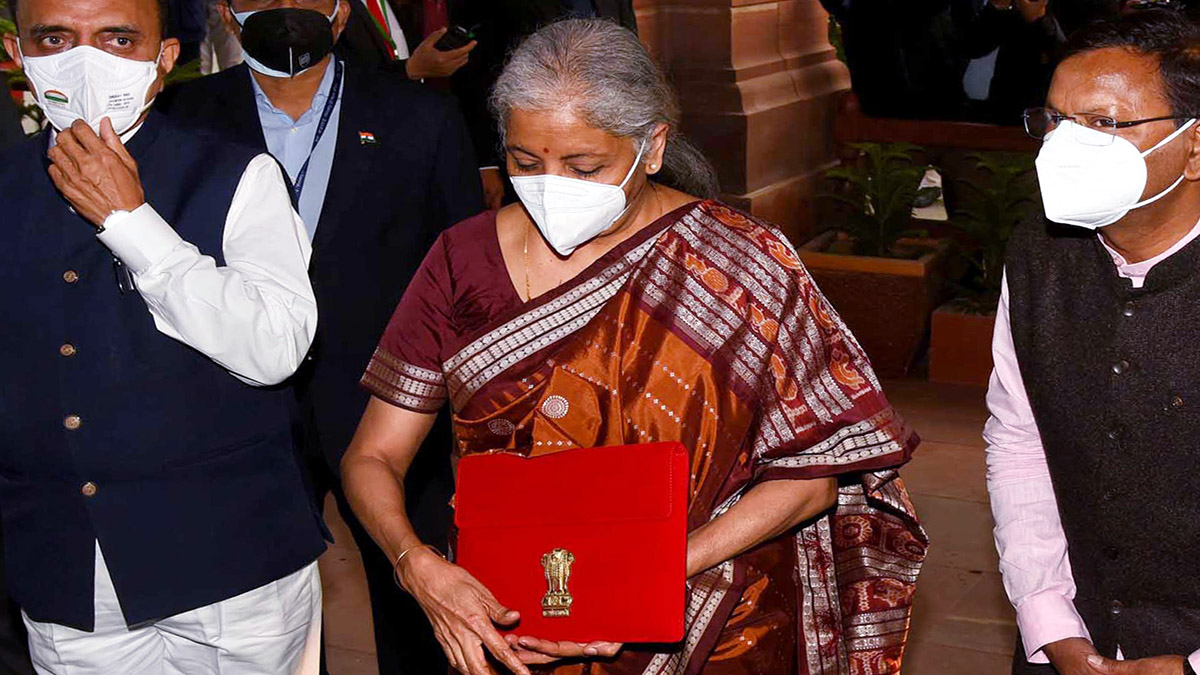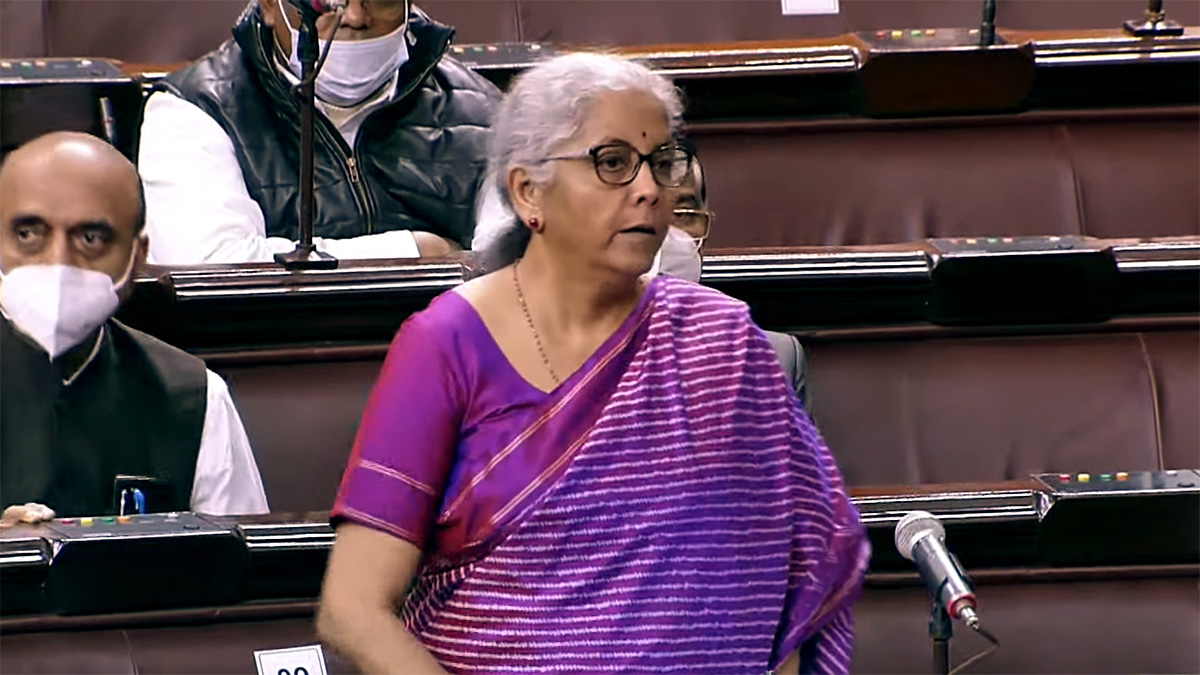While presenting Union Budget 2022-23 in Parliament, Union Finance Minister Nirmala Sitharaman announced that with advent of Amrit Kaal, the next phase of Ease of Doing Business 2.0 (EODB 2.0) and Ease of Living, will be launched.
The Finance Minister stated that it is the “endeavour of the Government to improve productive efficiency of capital and human resources,” and the Government will follow the idea of ‘trust-based governance’.
Giving a broad overview of Amrit Kaal, Sitharaman stated that this new phase will be guided by an active involvement of the States, digitisation of manual processes and interventions, integration of the Central and State-level systems through I-T bridges, a single point access for all citizen-centric services, and a standardisation and removal of overlapping compliances. Crowdsourcing of suggestions and ground level assessment of the impact with active involvement of citizens and businesses will be encouraged, she added.
Prachur Sah, Deputy CEO, Cairn Oil & Gas, said, “We welcome the government’s initiative of ‘One Nation, One Registration’ to facilitate ease of living and doing business. It is heartening to see that the government has estimated a total expenditure of ₹39.45 lakh crore for the next financial year. India continues to import over 85% of its energy requirement amounting to an import bill of ~120 billion. We are confident that the government will take appropriate measures to attract more investment in domestic E&P sector to unlock India’s hydrocarbon potential.”
FM stated that as a result of our government’s strong commitment for ‘minimum government & maximum governance’, over 25,000 compliances were reduced and 1,486 Union laws were repealed in recent years. This, she stated, is the outcome of the Government’s trust in the public along with measures such as Ease of Doing Business (EODB).
“This Budget seeks to lay the foundation and give a blueprint to steer the economy over the Amrit Kaal of the next 25 years – from India at 75 to India at 100”. The Union Minister for Finance and Corporate Affairs, Nirmala Sitharaman, laid this vision, while presenting the Union Budget 2022-23 in Parliament. She made the announcement for the next launch of Ease of Living under Amrit Kaal.
She explained that this new phase of Ease of living will be guided by an approach comprising of Active involvement of the states, Digitisation of manual processes & interventions and Integration of the central & state-level systems through IT bridges.
This will help in creating a single point access for all citizen-centric services and bring about standardization and removal of overlapping compliances.
Pratik Kamdar, Co- Founder, Neuron Energy, said, “Support towards the startup segment with the extension of the tax incentives for another year, in lieu of the effects of the recent pandemic, will provide a nurturing environment to smaller players, mostly domestic auxiliary support suppliers like batteries, component manufacturers etc. This will ensure more capital infusion, innovation and ease of doing business while providing a level playing field to newer entrants.”
Finance Minister, while highlighting the constraint of space in urban areas for setting up charging stations at scale, announced the proposal of bringing out Battery Swapping Policy and inter-operability standards. “The private sector will be encouraged to develop sustainable and innovative business models for ‘Battery or Energy as a Service’”, the Minister noted.
Gagan Vermani, Founder & CEO – MYSUN, said, “Union Budget 2022 promises a lot towards green economy and announcements made related to battery swapping or its storage, are the steps in a positive direction. The Finance Minister’s decision to allocate 19,500 crores to boost the manufacturing of Solar Modules under the PLI Scheme is an encouraging step to incentivize local manufacturing.”
Akash Gupta, Co-founder & CEO, Zypp Electric, said, “Formulation of battery swapping standards and interoperability is a much-needed step in the right direction. There’s been a lot of confusion in the swapping companies, which has dampened EV adoption. Seamless and widespread charging infrastructure is the need of the hour to accelerate the EV revolution in the country.”



